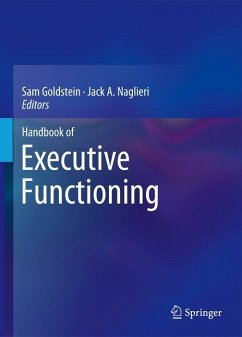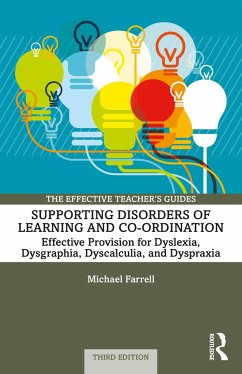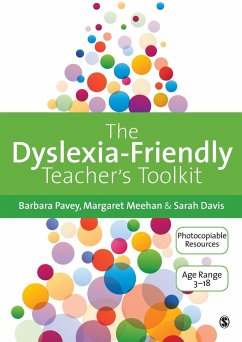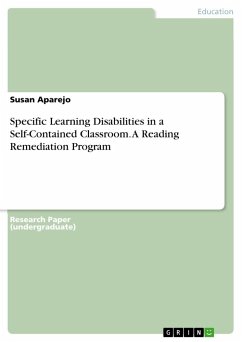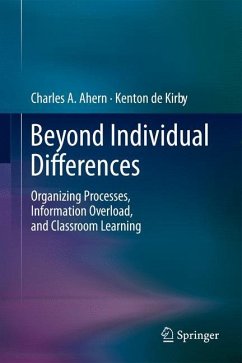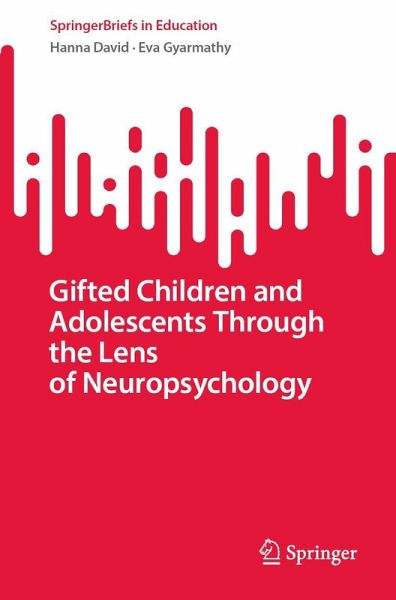
Gifted Children and Adolescents Through the Lens of Neuropsychology

PAYBACK Punkte
21 °P sammeln!
This book addresses a wide range of issues situated in the core of theoreticians' and clinicians' work in the field of giftedness. It gathers practical issues, relevant for the lives of many gifted children, adolescents and adults, from a neuropsychological point of view. By studying the basic questions in gifted education through a neuropsychological lens, this book aims to establish a uniform new way for the treatment of gifted children with social or emotional difficulties, learning disabilities, physical limitations, or psychological and psychiatric disorders.This book helps educators and ...
This book addresses a wide range of issues situated in the core of theoreticians' and clinicians' work in the field of giftedness. It gathers practical issues, relevant for the lives of many gifted children, adolescents and adults, from a neuropsychological point of view. By studying the basic questions in gifted education through a neuropsychological lens, this book aims to establish a uniform new way for the treatment of gifted children with social or emotional difficulties, learning disabilities, physical limitations, or psychological and psychiatric disorders.
This book helps educators and mental-health professionals to obtain a deeper understanding of the neurological system and its role in learning. This includes memory, knowledge-processing, making connections, and the implications on the cognitive, emotional, and physical aspects - all of which play major roles in the life of each gifted child and adolescent. By acquiring this new knowledge, more teachers, counsellors, psychologists and psychiatrists will be able to help individuals materialize their giftedness, while preserving their mental health and productivity.
This book helps educators and mental-health professionals to obtain a deeper understanding of the neurological system and its role in learning. This includes memory, knowledge-processing, making connections, and the implications on the cognitive, emotional, and physical aspects - all of which play major roles in the life of each gifted child and adolescent. By acquiring this new knowledge, more teachers, counsellors, psychologists and psychiatrists will be able to help individuals materialize their giftedness, while preserving their mental health and productivity.



